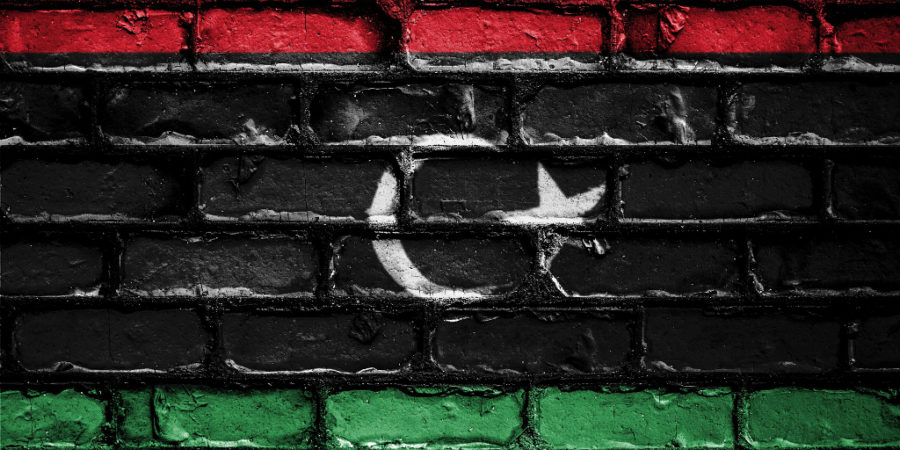Corruption is the scourge of countries trying to lift themselves out of poverty. Around the world, politicians and officials are putting their hands in the till and stealing their country’s wealth. Their actions benefit narrow, powerful elites by allowing them to cream off cash and benefits and favour their friends, family and fellow felons.
Their actions deprive the majority of citizens of the chance to share their nation’s wealth and rise out of poverty. Corruption holds back improvements in education, healthcare and sanitation. It holds back investment that can create jobs. And it holds back the development of institutions in which the voice of the people can thrive.
Libya was rated 170th out of 175 countries in Transparency International’s Corruption Perceptions Index for 2016. The index shows that corruption is systematic in many countries, not just Libya.
Putting the scores in context, the report states: “The lower-ranked countries in our index are plagued by untrustworthy and badly functioning public institutions like the police and judiciary. Even where anti-corruption laws are on the books, in practice they are often skirted or ignored. People frequently face situations of bribery and extortion, rely on basic services that have been undermined by the misappropriation of funds and confront official indifference when seeking redress from authorities that are on the take.”
How much of this applies in Libya in practice? It is difficult to measure. But the National Audit Bureau’s 2016 report stated that it was widespread in all parts of the country.
The NAB went on to highlight banking, abuse of letters of credit, misuse of debit/credit cards and certified cheques and transfers from government accounts to private accounts. All these factors limit growth. The World Bank’s Ease of Doing Business index rates Libya 185th out of 190 countries.
Criminality is also a major problem. One of the best-known scams is the smuggling of subsidised fuel. Libyans enjoy the cheapest petrol in the world thanks to subsidies worth LYD 4.3 billion so far this year. But much of this fuel is taken out of the country by boat and truck and sold for a profit elsewhere. This means that a large part of Libya’s budget for subsidies is being spent for the benefit of organised criminals.
Complacency is also part of this grim economic picture. In recent months, Libyans have suffered from electricity blackouts and water shortages. In the energy sector, generating capacity falls far below demand. So when it is hot in the middle of summer, or cold during winter, the grid can’t cope with the demand.
Similarly, on water supply: Libya has no permanent rivers and depends on the Great Man-Made River and desalination. Much of the network is dilapidated and leaking. Again, demand is higher than supply.
A lot of electricity and water is wasted. So, as in other countries, customers could be urged to be more efficient: to switch off their air-conditioning when they go away, to adjust thermostats to a comfortable but not excessive temperature, not to hose down the pavement outside their houses.
The answer to these problems is good governance, transparency and accountability: a strong government and institutions that can tackle these problems and provide people with the quality services they deserve; audit reports, independent media investigations and open debates that expose corrupt practices and individuals; and an electoral system that allows those accused of corruption to be held to account and, if accusations are proven, kicked out of office.
Libya has the potential to return to being a stable, wealthy country with security, education and healthcare for all. But the economy is facing a major crisis. Tackling corruption, crime and complacency has to be part of any future government’s vision and programme.

